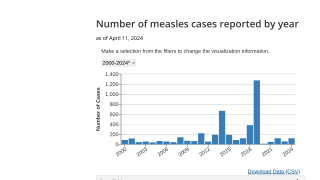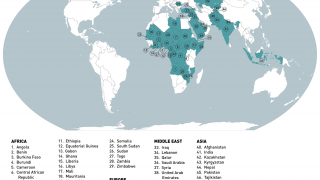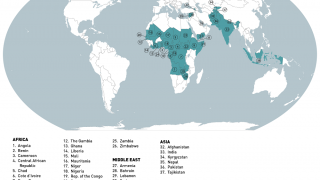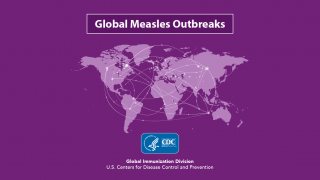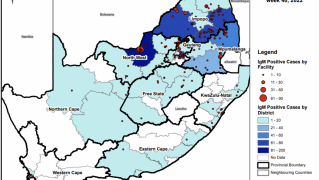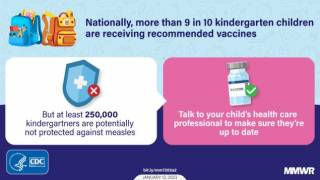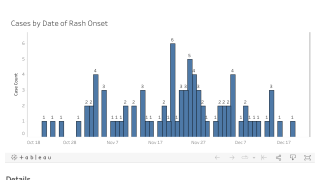US Military in Europe Aggressively Screening for Measles Virus
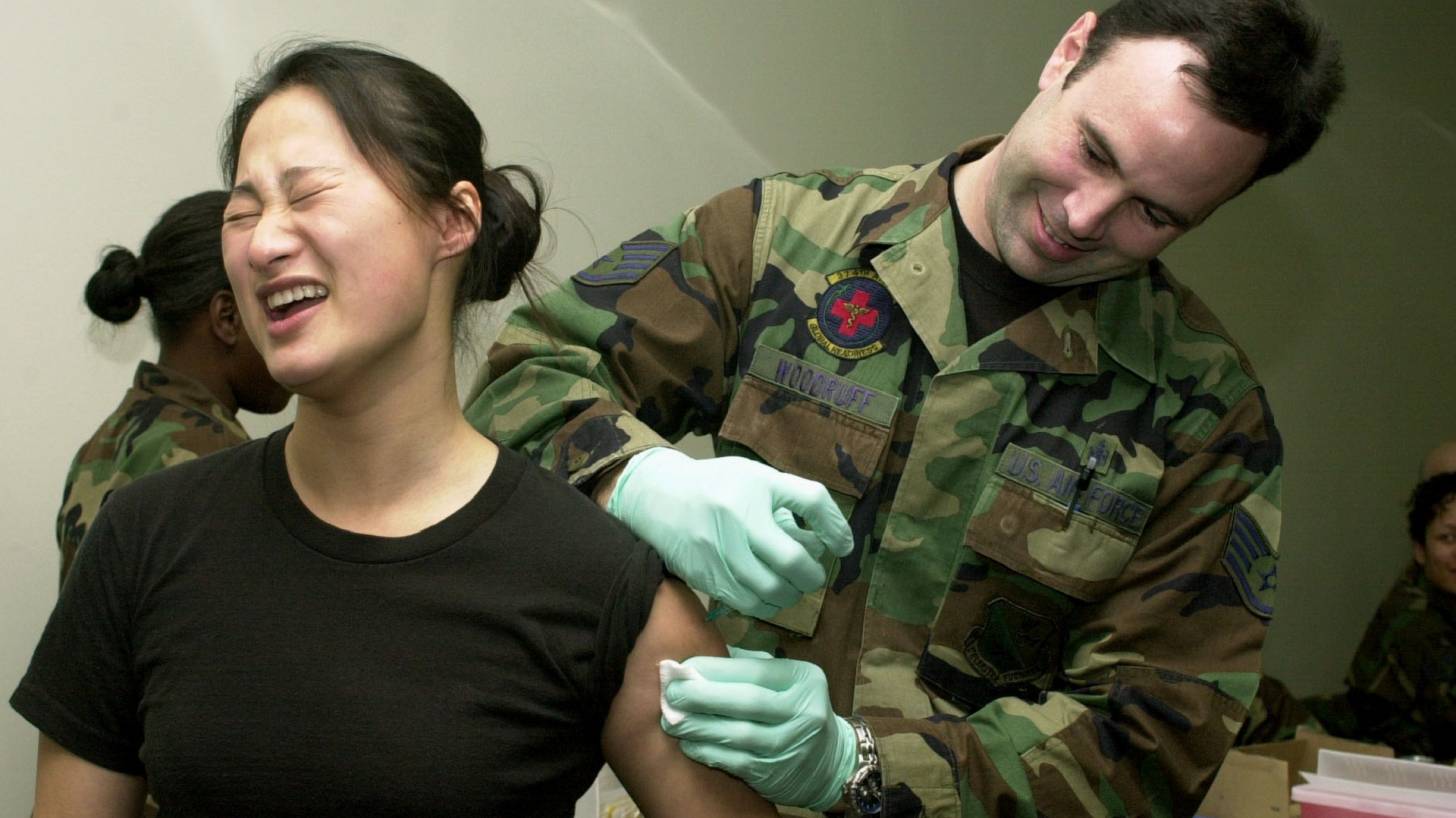
Due to an increased prevalence of measles and mumps in Europe, Public Health Command Europe (PHCE) officials are recommending that military community members ensure their measles, mumps, and rubella (MMR) vaccination is up to date.
On August 29, 2019, PHCE officials said in a press release that they are ‘recommending a ‘more aggressive’ vaccination schedule for children of Service members and civilians living in Europe due to the increased likelihood of exposure to both mumps and measles.
The measles surge in Europe began in 2018 and has continued into 2019, with approximately 90,000 cases reported for the first half of the year.
This amount is greater than all of 2018 when 84,462 measles cases were confirmed in Europe.
"Mumps and Measles are more common here [Europe] than in the United States, which is why the vaccine schedule in Europe is more aggressive," said Col. Rodney Coldren, Chief of Preventive Medicine at Public Health Command Europe, in a Military article.
"Children and adults arriving in Europe should be screened to ensure their MMR status is current."
Most military members receive the same recommended vaccines as everyone else based on age, vaccination history, health conditions, and travel plans.
Adults and children older than 12 months require 2-doses of the measles, mumps, and rubella vaccine. The first is given at 12 months of age and the second as soon as practical at least 4 weeks later.
In addition to these 2-doses, children under 12 months of age should receive an additional dose to protect them until their 12-month old vaccination.
While the MMR vaccine is not always 100 percent effective, the effectiveness increases by the number of doses a person receives.
According to the U.S. Centers for Disease Control and Prevention (CDC), 1-dose of MMR vaccine is 93 percent effective against measles, and 78 percent effective against mumps. Two doses of MMR vaccine are 97 percent effective against measles and 88 percent effective against mumps.
"The MMR shots are very safe and are effective at preventing measles, mumps, and rubella," Col. Coldren said. "And even if a vaccinated person does get mumps or measles, they will likely experience less severe illness than an unvaccinated person."
The MMR vaccine is available in Europe at both military medical treatment facilities and from civilian healthcare providers.
TRICARE beneficiaries can check their vaccination status by visiting TriCare Online.
- Click on the blue button "Health Record".
- On the left side of the page, select "Immunizations".
- Look for "measles, mumps, rubella virus vaccine" or "measles, mumps, rubella, and varicella virus vaccine".
The US military has been a leading proponent of vaccine development since its founding. General George Washington ordered the entire American army to be variolated against smallpox after recognizing the serious threat that it posed to military operations, reported a June 2018 study published in Frontiers in Immunology.
General Washington did this on the recommendation from Dr. John Morgan, the physician-in-chief of the American army, who wrote a treatise on variolation in 1776. Although cases of smallpox still occurred, they were far fewer than expected, and it is believed that the vaccination program contributed to victory in the War of Independence.
Published by Precision Vaccinations
Our Trust Standards: Medical Advisory Committee










